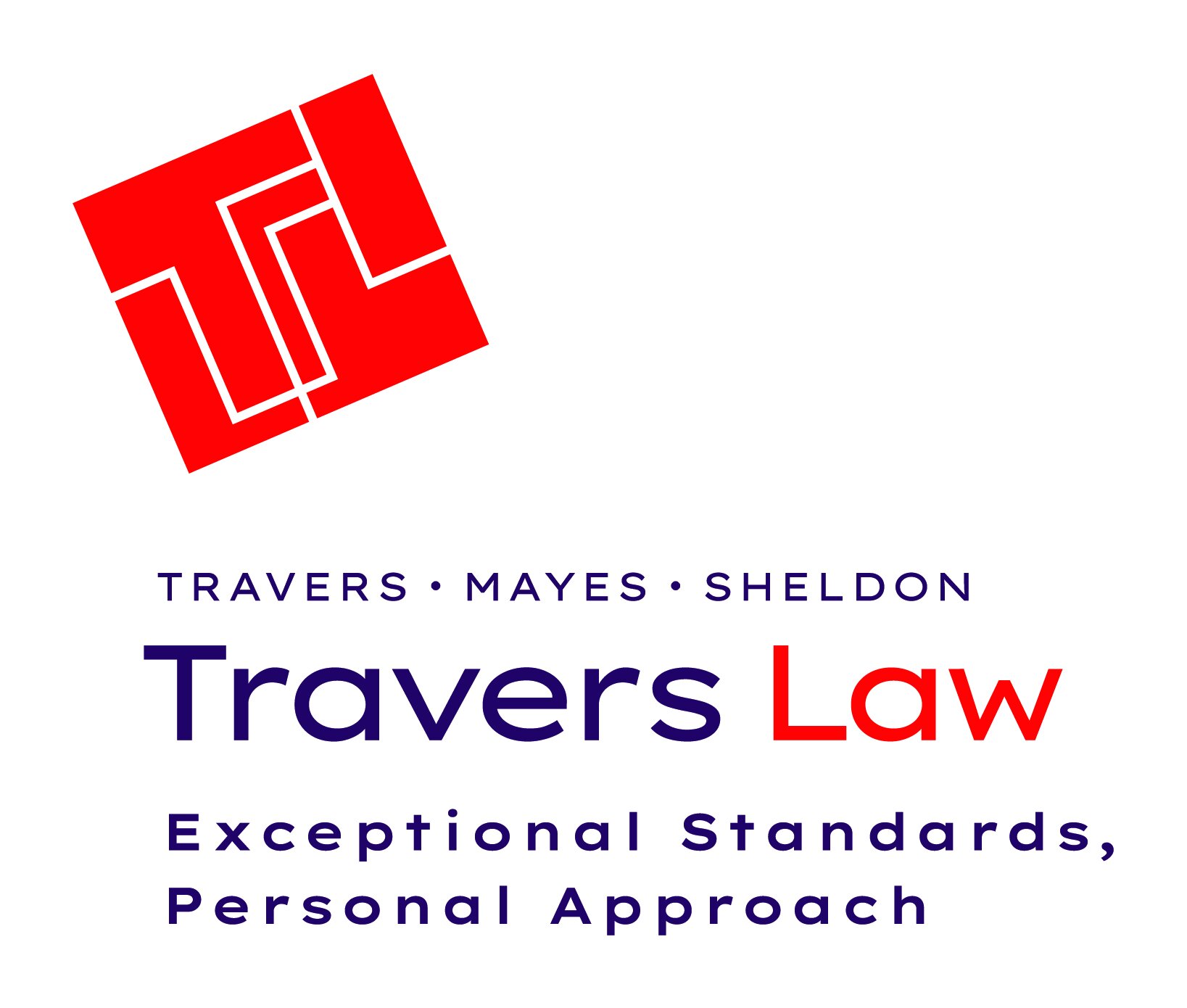THE (FINANCIAL) STRUGGLE IS REAL
As you know, this year will be an exciting yet challenging one. We are hopeful that the interest rates will fall and stabilize for home buyers, but we are also approaching that time when many mortgage holders are renewing their mortgage at a substantially higher interest rate than what they started with at the height of the pandemic. Based on a recent Royal LePage survey, 15% of the Ontarians in the survey will be renewing their mortgages this year alone and 74% of these mortgage holders are worried about their mortgage renewals. Not to mention that variable rate holders are already feeling the weight on their shoulders, from interest rates to gas and food prices. Unfortunately, financial struggle and re-organization is inevitable for many.
At Travers Law, we have already begun to see the effect of these crippling interest rates on homeowners. Sellers have listed the property for sale due to the financial burden of their mortgage and other commitments, and the easiest way to re-organize is to liquidate their assets, including their homes. What they don’t realize at the early stages of listing is that in order to actually close on their home, they need to have sufficient equity to pay off their mortgages and any penalties owing. Yes, the same large mortgages that they qualified for and locked into back in 2021. Their equity is determined by the current fair market value and ultimately the sale price in the Agreement of Purchase and Sale.
Some of our sellers run into issues with a shortfall of sale proceeds, often times to payout the penalties on their mortgage. Depending on how steep the shortfall is, the client can either bring in money to close, or we try to negotiate with the lenders. Courts have in the past referred to entering into such contracts as blind recklessness, without any regard for the mortgage which the seller is obligated to pay off on closing. If the seller is unable to rectify the shortfall, the seller may be liable for the buyer’s costs in court.
So, how can we get ahead of this situation? It starts with the realtor's listing and pricing strategy.
We encourage that you have a discussion with clients about whether there is a potential for a shortfall situation.
Verify the balances of their mortgage by obtaining a copy of the information statement for any and all mortgages, including secured home equity lines of credit.
Know what the sale price needs to be in order to close.
As professionals in the industry, homeowners rely on our knowledge and experience to guide them through a successful transaction. Being prepared and raising these matters before it becomes an issue is the best way to protect your clients’ interests! If you have any questions, feel free to e-mail Tiffany Yim, Associate Lawyer, at tyim@traverslaw.ca.




